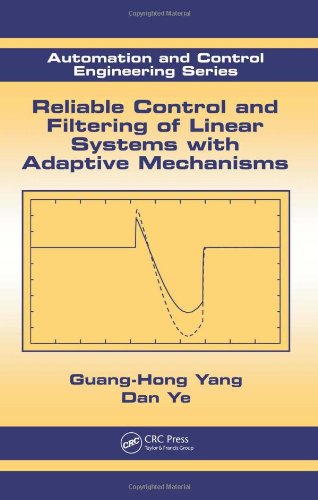

Most ebook files are in PDF format, so you can easily read them using various software such as Foxit Reader or directly on the Google Chrome browser.
Some ebook files are released by publishers in other formats such as .awz, .mobi, .epub, .fb2, etc. You may need to install specific software to read these formats on mobile/PC, such as Calibre.
Please read the tutorial at this link: https://ebookbell.com/faq
We offer FREE conversion to the popular formats you request; however, this may take some time. Therefore, right after payment, please email us, and we will try to provide the service as quickly as possible.
For some exceptional file formats or broken links (if any), please refrain from opening any disputes. Instead, email us first, and we will try to assist within a maximum of 6 hours.
EbookBell Team

4.3
98 reviewsMore and more, the advanced technological systems of today rely on sophisticated control systems designed to assure greater levels of safe operation while optimizing performance. Rather than assuming always perfect conditions, these systems require adaptive approaches capable of coping with inevitable system component faults. Conventional feedback control designs do not offer that capability and can result in unsatisfactory performance or even instability, which is totally unacceptable in complex systems such as aircraft, spacecraft, and nuclear power plants where safety is a paramount concern.
Reliable Control and Filtering of Linear Systems with Adaptive Mechanisms presents recent research results that are advancing the field. It shows how adaptive mechanisms can be successfully introduced into the traditional reliable control/filtering, so that, based on the online estimation of eventual faults, the proposed adaptive reliable controller/filter parameters are updated automatically to compensate for any fault effects.
Presenting a new method for fault-tolerant control (FTC) in the context of existing research, this uniquely cohesive volume, coauthored by two leading researchers —
The authors also extend the design idea from linear systems to linear time-delay systems via both memory and memory-less controllers. Moreover, some more recent results for the corresponding adaptive reliable control against actuator saturation are included. Ultimately, this remarkably practical resource, offers design approaches and guidelines that researchers can readily employ in the design of advanced FTC techniques offering improved reliability, maintainability, and survivability.